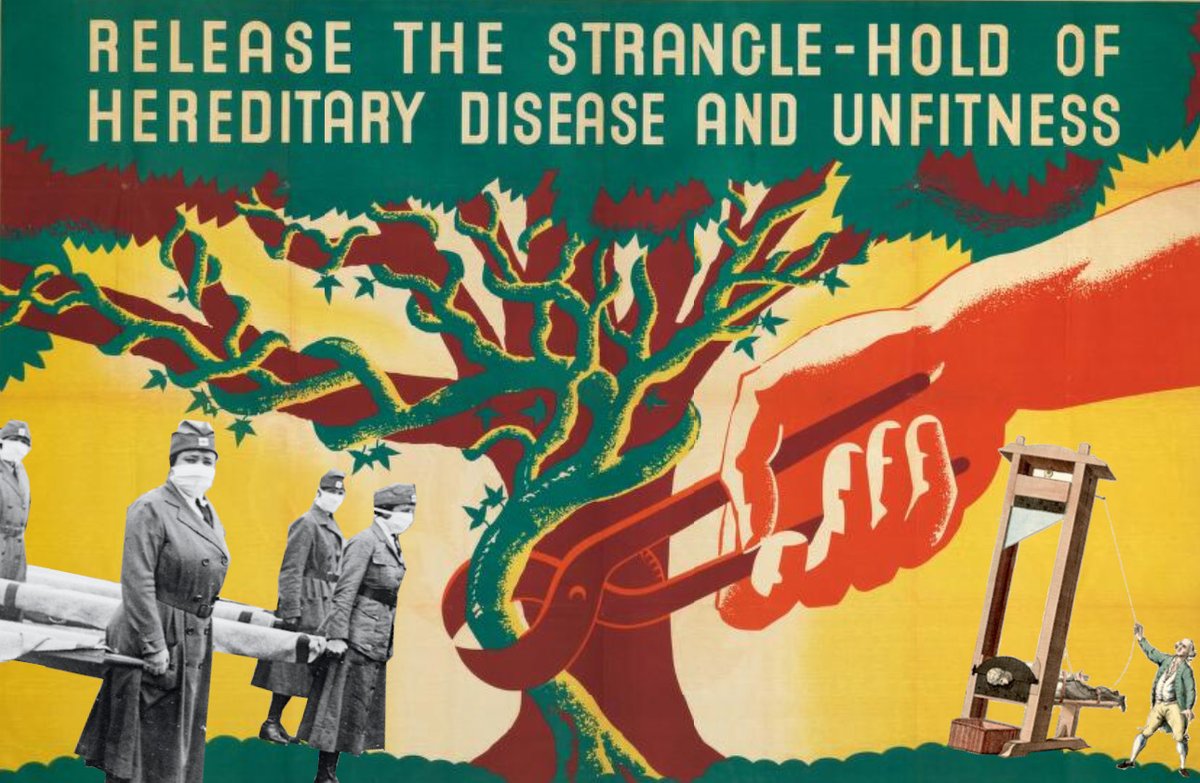
Logan’s Run costumes and props (1976) atomic-chronoscaph.tumblr.com/post/640524873… 







Logan’s Run costumes and props (1976) atomic-chronoscaph.tumblr.com/post/640524873… 



Logan’s Run costumes and props (1976) atomic-chronoscaph.tumblr.com/post/640524873…
Logan’s Run costumes and props (1976) atomic-chronoscaph.tumblr.com/post/640524873…
Logan’s Run costumes and props (1976) atomic-chronoscaph.tumblr.com/post/640524873…
Logan’s Run costumes and props (1976) atomic-chronoscaph.tumblr.com/post/640524873…
• • •
Missing some Tweet in this thread? You can try to
force a refresh






